Risk of kidney failure higher among Nepali workers going for foreign employment
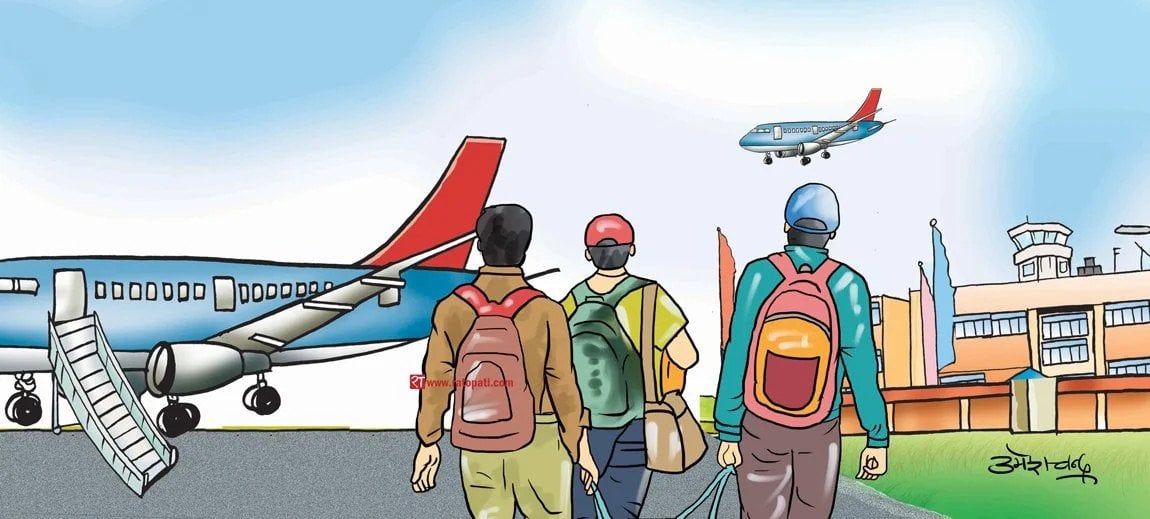
KATHMANDU, Oct 11: Research done on Nepalese citizens going for foreign employment and those staying in Nepal, has shown that the risk of kidney failure is higher among Nepali workers going for foreign employment.
Researcher Dr. Nirmal Acharya informed that kidney problems are seen more in Nepalese working in Malaysia and Gulf countries. According to him, studies were conducted in Laxminia Rural Municipality and Chhireshwarnath Rural Municipality of the Dhanusha district by coordinating with the Madhes Province.
Kidney tests of 718 males who had returned within a one-year span from countries like Qatar, Saudi Arabia, Kuwait, Oman, United Arab Emirates, Bahrain and Malaysia were conducted. Similarly, kidney tests of 379 male locals and 341 female locals of the area were performed. Comparing them, those who went on foreign employment were seen to have more kidney problems, said Aryal.
The kidneys of those who had gone abroad for employment had less work capacities. The decrease in glomerular filtration rate capacity was 5.8 percent. While it was 3.6 percent for those staying in the country. Even among non-immigrants, former immigrants have more problems than men and women who have never been abroad.
Aryal explained that the test is done by looking at the amount of creatinine in the blood and adjusting the age and gender to determine how much blood the kidneys can filter in one minute. According to him, it is considered that the functioning capacity of the kidneys has decreased with that decreasing rate.
Aryal said that the average level of creatinine in the blood was higher in immigrants. He informed that 0.72 was seen in non-immigrants and 0.88 in immigrants. He also added that among those returning from abroad, problems such as high blood pressure, diabetes and obesity are more common than the locals.
Aryal says that other factors related to lifestyle such as alcohol consumption, smoking, and tobacco consumption have also increased the risk.
This type of problem is more common among Nepalese who are working as security guards. According to him, the problem is due to the fact that they work for long hours, do not drink enough water, take too many painkillers, and drink too much alcohol.
He says that some of them are already at risk of kidney failure. The study was conducted on people who completed 20 years of age and returned from abroad within 12 months. In the case of non-immigrants, there were people in the age group of 20 to 50 years.
90 percent of the participants in the study were Nepalese working in Qatar, Saudi Arabia and Malaysia. More than two-thirds of them were working in the construction and industrial sectors. They said that they work an average of 10.7 hours a day. 45.5 percent said they had to work in hot temperatures.
Researcher Aryal said that according to the study conducted by Barnmouth University of Britain and Greentara Nepal, kidney disease problems are more common among security guards and drivers who have worked abroad for a long time.
The risk of kidney disease is also seen in those who work outdoors, work in hot temperatures and are exposed to dust.
He said that those who were tested could not be re-tested after three months. During the course of the study, kidney tests were to be done again after three months. However, he said, they came to Nepal on a short leave and returned abroad after the leave, so they could not be studied again.
Prof. Dr. Arun Sedhain, a kidney disease specialist who was involved in the research, said that this is the first such study from the community level. He said that although at other times, normal studies are conducted on the basis of the patients who come to the hospital, this study was done at the community level on a large scale.
When some kidney patients return home from abroad, they come directly to the hospital from the airport, Sedhai said. Stating that there should be a hospital-based study along with the community, he emphasized that the state should take the initiative for that.
He said that the cause of death should also be identified for deaths of Nepalese living abroad which are considered natural.
“They also die due to kidney and heart problems. But in foreign countries, they get termed as natural deaths without even doing the postmortem. At least the cause could have been found if the post-mortem could have been done,” he said.
He emphasized that the government should make the youths going abroad to work, aware of the various risks they will be facing and diseases they may acquire.
Dr. Shravan Kumar Mishra of Public Health Laboratory, Madhes Province, said that health tests should be done not only when going abroad but also when returning.
He said that the time has come to take note that the youths who go to work for another country come sick.
“We are not building our own country, we are building the countries of others. However, when we return home, we return disabled for the rest of our lives. While building another country, our own health is deteriorating. Everyone should think about this,” he said.
For that, Mishra says that the state should create an environment where health check-ups should be done not only when going abroad but also after returning home.
“Even though the research we are doing is in a small area, it represents the whole country. The kind of results obtained in Dhanusha represent the situation of the whole country. If we are not aware in time, it may cause a big problem tomorrow," he said.
Researcher Aryal said that if detailed information about lifestyle risks (such as blood pressure, diabetes, alcohol consumption, smoking, etc.) can be given in the pre-departure orientation, the risk can be reduced.
He said that the Nepal Embassy, as well as various organizations in Nepal, should also make the Nepalese working abroad aware of health and lifestyle issues. He said that if such actions can be taken, the risk of kidney problems among Nepalese going for foreign employment can be reduced


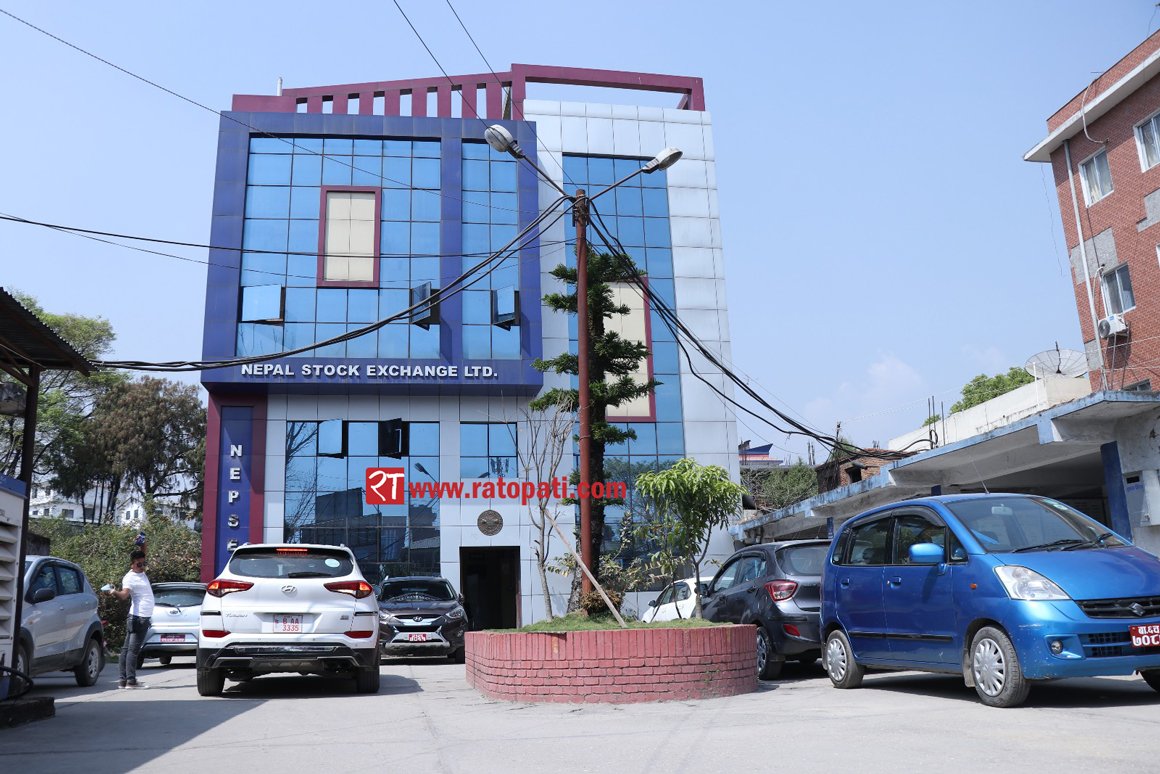

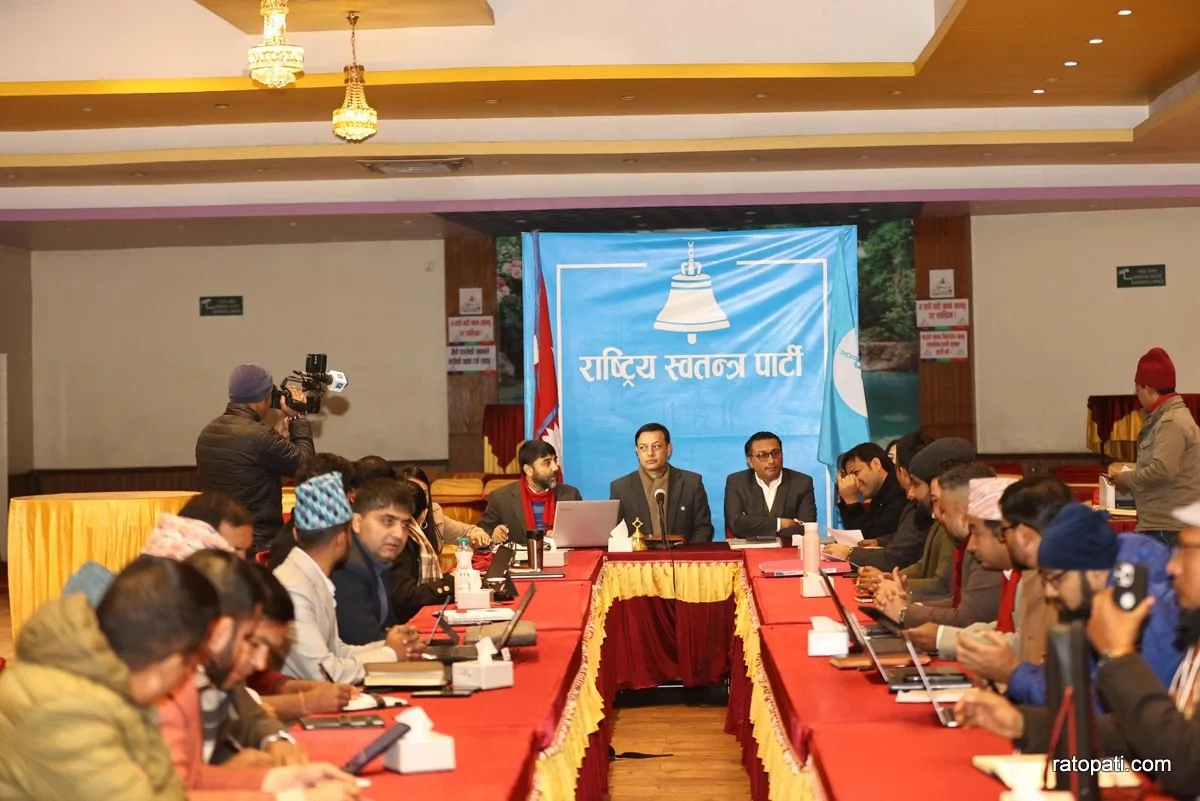


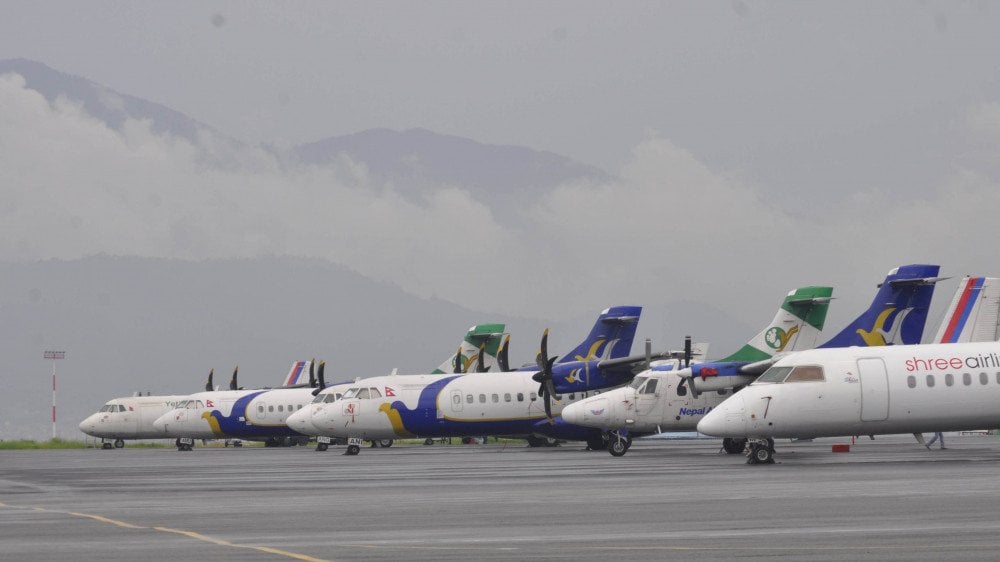

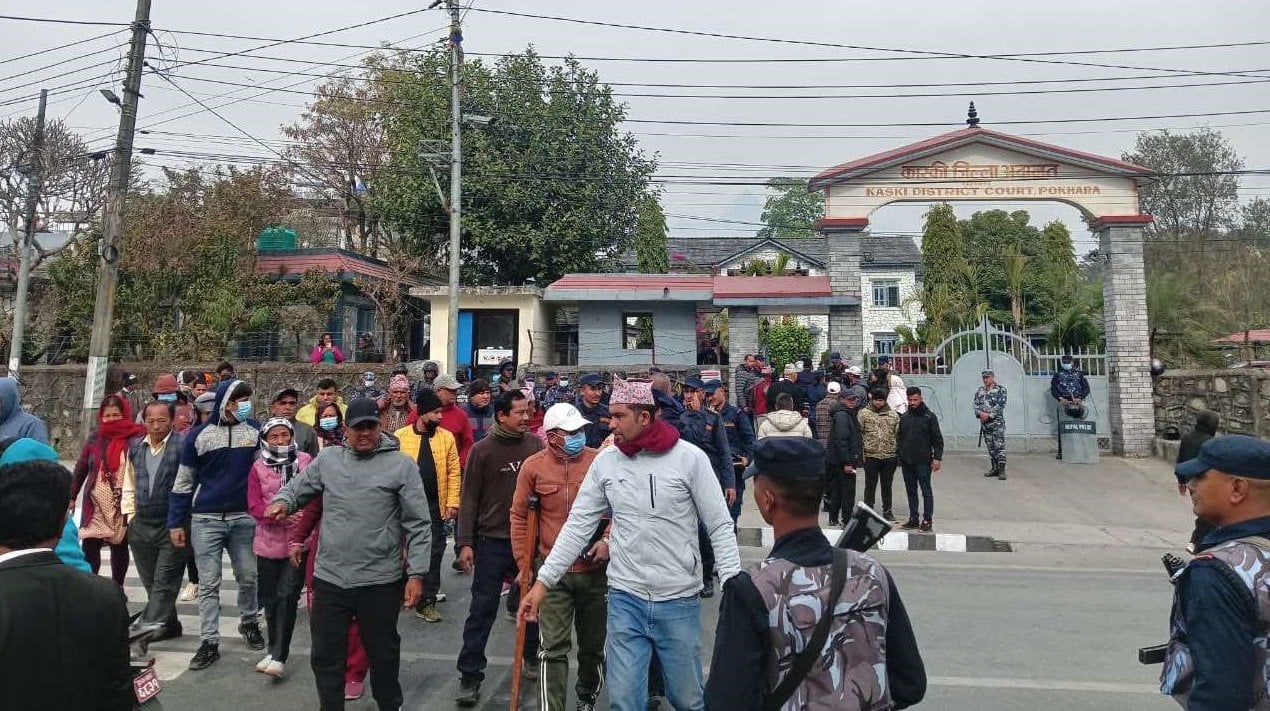
Leave Comment